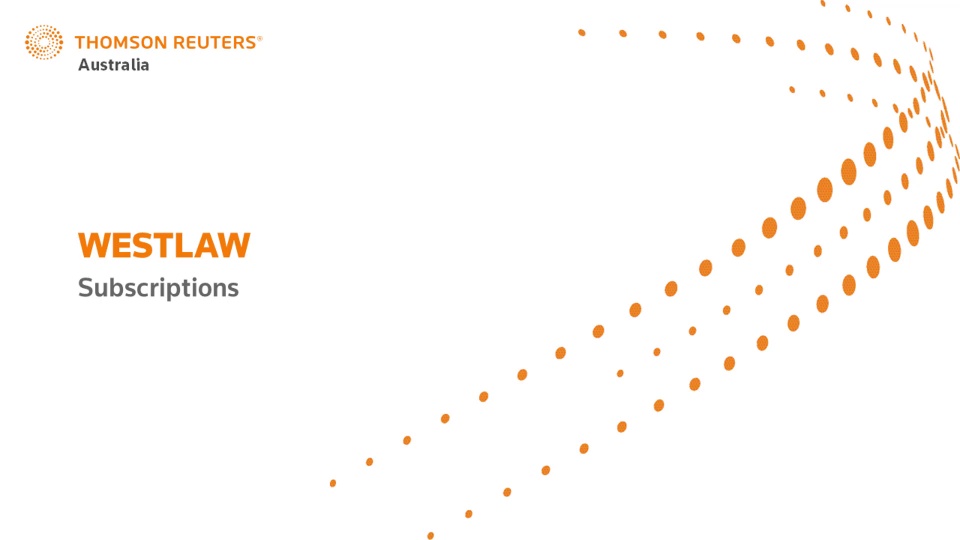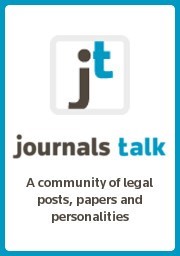Property Law Noticeboard March 2021: Electronic signing by Corporations
Legal uncertainties surrounding electronic execution of contracts and deeds by corporations were temporarily addressed by the Corporations (Coronavirus Economic Response) Determination (No. 1) 2020 (lapsed 6 November 2020) and the Corporations (Coronavirus Economic Response)...

